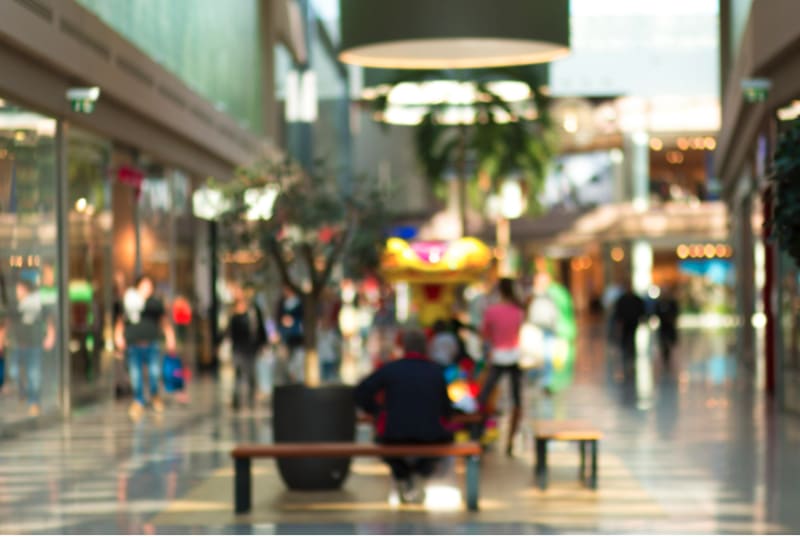To Let
Search
Latest News
Back to news results

Shopping Malls vs High Street Retail?
It’s a debate that is raging the world over, and now it has reached the emerging markets of West Africa. Will investment in formal retail environments reap rewards for developers and retailers or do traditional markets and high street stores still have too much pulling power?
The question will take centre stage at the West Africa Property Summit (WAPI) being held in Lagos, Nigeria from 28 to 29 November. Gavin Cox, Head of Broll Retail Management and Retail Leasing for Nigeria, will address senior level delegates on the history of formal retail in the region and how operational costs compare with those of the traditional high street. He will also make recommendations based on the extensive research carried out by Broll in its role as adviser and consultant to investors looking to enter new Sub-Saharan markets.
“After exponential growth from 2004 to 2014 in the formal sector in Nigeria, growth has stalled,” says Cox. Formal retail stock increased 990% in 12 years up to 2017, with the highest concentration of malls evident in the core markets of Lagos and Abuja.
Broll research shows that Nigerian consumers are both fashion conscious and experience driven, hence their predilection for shopping malls and mixed-use schemes. But with the economy’s emergence from recession yet to have a significant ripple effect on the retail sector, potential new entrants to the market are adopting a wait-and-see approach, according to Cox.
Rent is significantly higher in malls compared to the high street, as is the ratio of rent to service charges, bolstering the argument of retailers who prefer to remain on the high street. They also enjoy the proximity of their customers. For others however, the foot traffic and high quality facilities of formal malls appeal strongly.
“Given the GDP of the economy and the population size, the potential for growth is still strong,” Cox says.
In Ghana, where mall retail is still a relatively new concept, shoppers are slowly migrating from markets and high street retail to the malls. Although mall tenants cannot compete with traditional market prices, the social aspect of the mall is gaining traction amongst Ghanaians.
“Mall do offer a very pleasant shopping experience,” comments Jonathan Lötter, Broll Asset Manager for the AttAfrica Ghana Portfolio, “with shoppertainment, convenience and aspirational value.”
Since 2014 there have been four new mall developments, three of which are located in areas just outside the main hub of Accra. They have acted as catalysts for development projects in the areas immediately surrounding the malls, says Lötter. He is confident they will lead to overall economic growth within these communities.
With economies in the region still sluggish in spite of some positive movement, Cox says investors will need to delve deep to realise the inherent potential of formal retail stock. One way will be to increase tenant depth with more international brands and strong indigenous retailers. A case could also be made for developers to consider smaller malls or innovative designs which reimagine the high street.
After his presentation, Cox will moderate a panel discussion focused on how developers and retailers navigate the new normal of recession-retail and the potential growth of e-commerce.
Expect a robust debate.